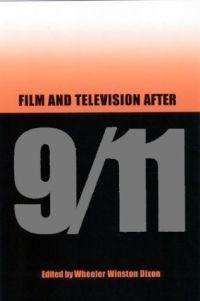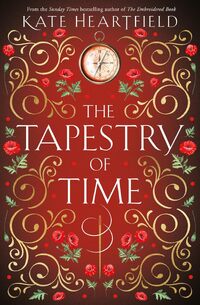

Purchase
Anthology of Film essays
Southern Illinois University Press
February 2004
262 pages
ISBN: 080932556X
Trade Size
Add to Wish List
Non-Fiction
In Film and Television after 9/11, twelve distinguished
scholars and critics discuss the production, reception, and
distribution of Hollywood and foreign films after the
terrorist attacks of September 11, 2001, and examine how
movies have changed to reflect the new world circumstances.
While some contemporary films offer escapism, the bulk of
mainstream American cinema since 9/11 seems centered on the
desire to replicate the idea of the "just war," in which
military reprisals and escalation of warfare appear to be
both inevitable and justified. Films such as Black Hawk
Down, Collateral Damage, and We Were Soldiers reflect a
renewed audience appetite for narratives of conflict,
reminiscent of the wave of filmmaking that surrounded
American involvement in World War II. The attacks on the World Trade Center and the Pentagon have
galvanized the American public into a call for action, and
film critics wonder how this will play out in the months and
years to come. How will American films shape the
perspectives of other nations? What sort of dialogue do
post-9/11 films establish? How do we now re-view the films
of our shared cinematic past in light of these recent
events? And are we about to replay the events of the 1940s
and 1950s, albeit in a hyperstylized, MTV-edited format? With an introduction by editor Wheeler Winston Dixon and
original essays by leading cinema scholars, Film and
Television after 9/11 is the first book to offer critical
insights into these and other concerns. The contributors are Steven Jay Schneider, Murray Pomerance,
David Sterritt, Marcia Landy, Juan A. Suárez, Ina Rae Hark,
Rebecca Bell-Metereau, Mikita Brottman, Philip Mosley,
Jonathan Markovitz, and Isabelle Freda.
Comments
No comments posted.
Registered users may leave comments.
Log in or register now!
| 


 © 2003-2025 off-the-edge.net
all rights reserved Privacy Policy
© 2003-2025 off-the-edge.net
all rights reserved Privacy Policy